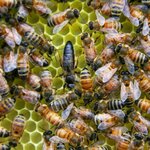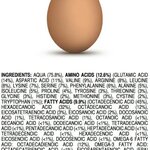
The land known as Israel today was once pretty bleak. Mark Twain spoke of the barren landscape and lack of people when it was owned by colonial European powers. Nothing much was there.
But then Jews began buying it up. They planted crops and modernized irrigation. After World War II, the United Nations made it a country and now the land is considered so valuable the Arab states insist they should own it instead.
Today, the large-scale acquisition of land by foreign governments and business— "land grabbing"— is a contentious issue, particularly in Africa where a large number of deals…







